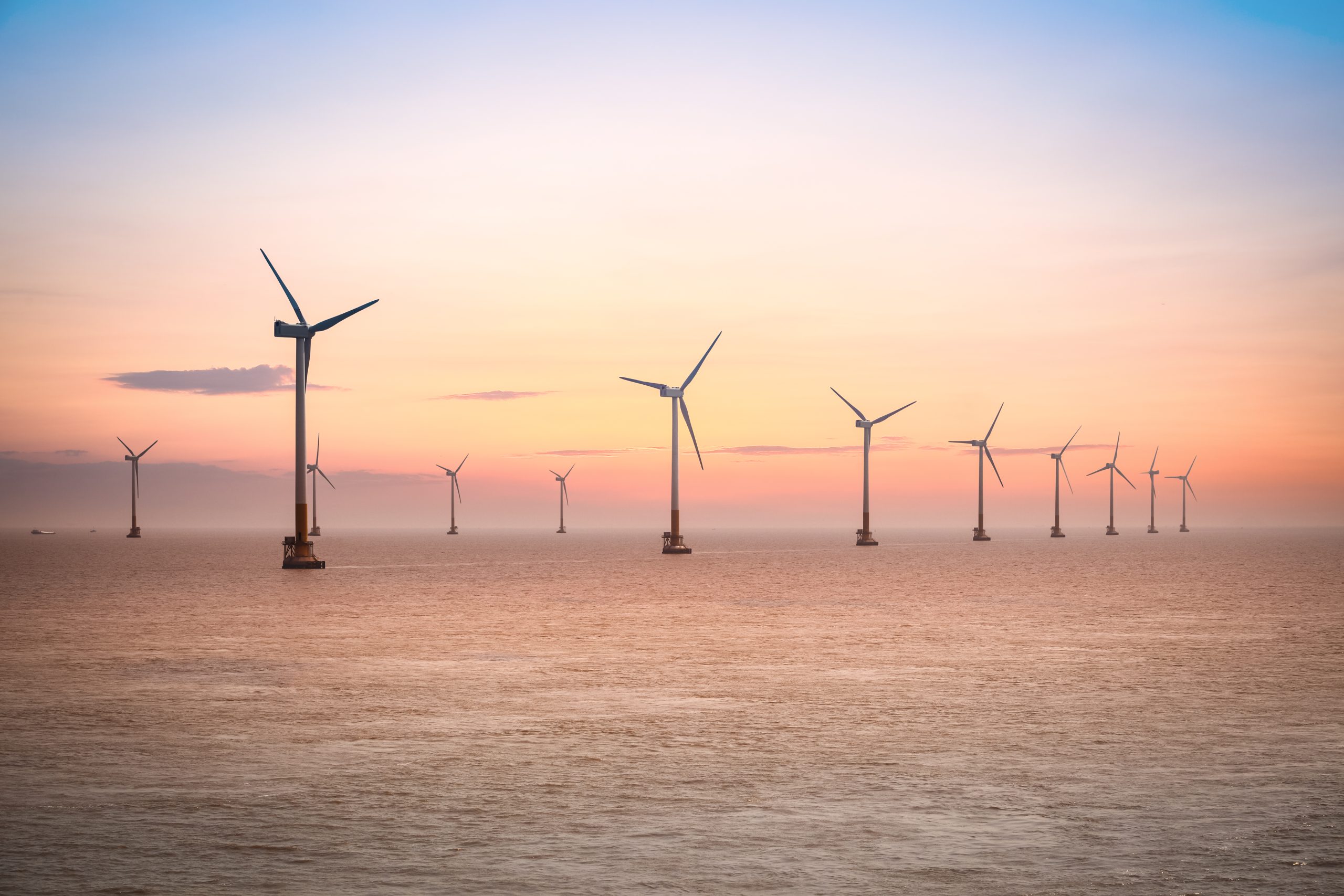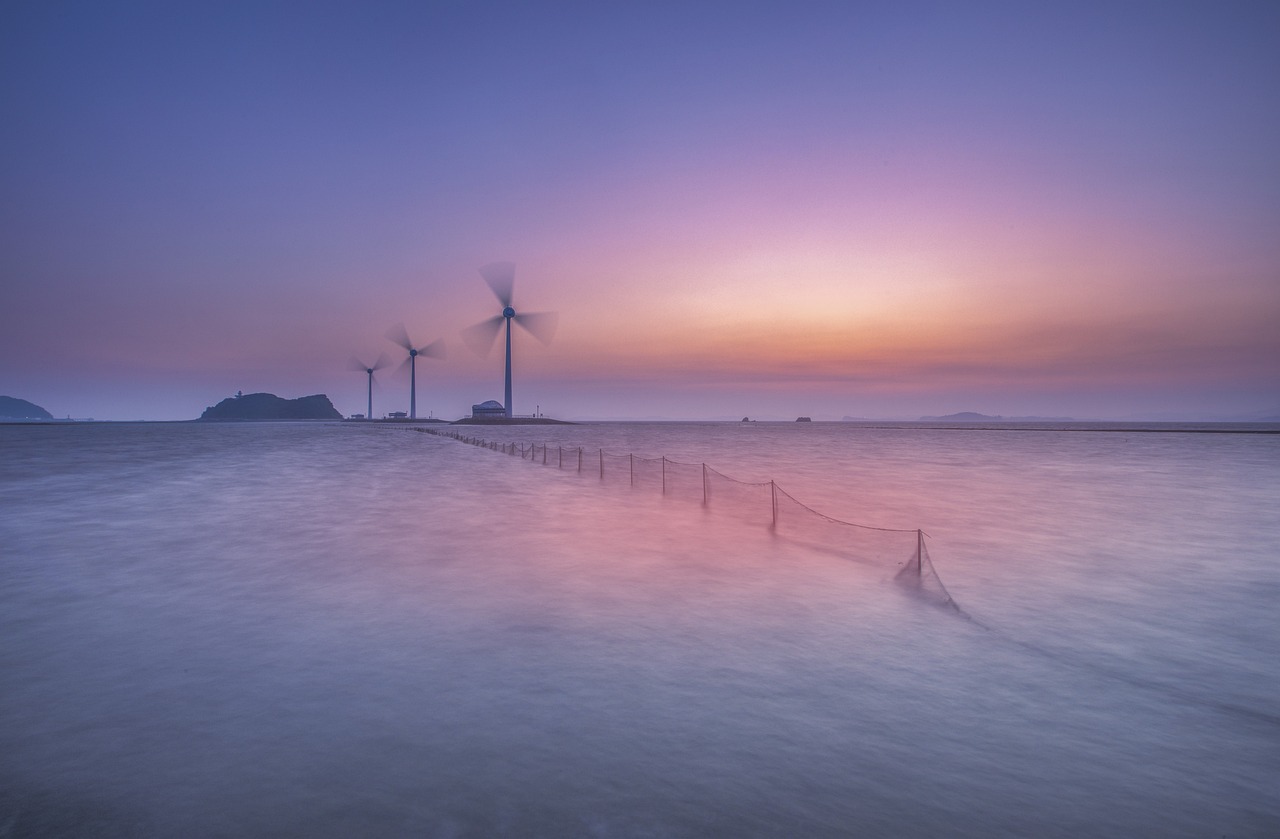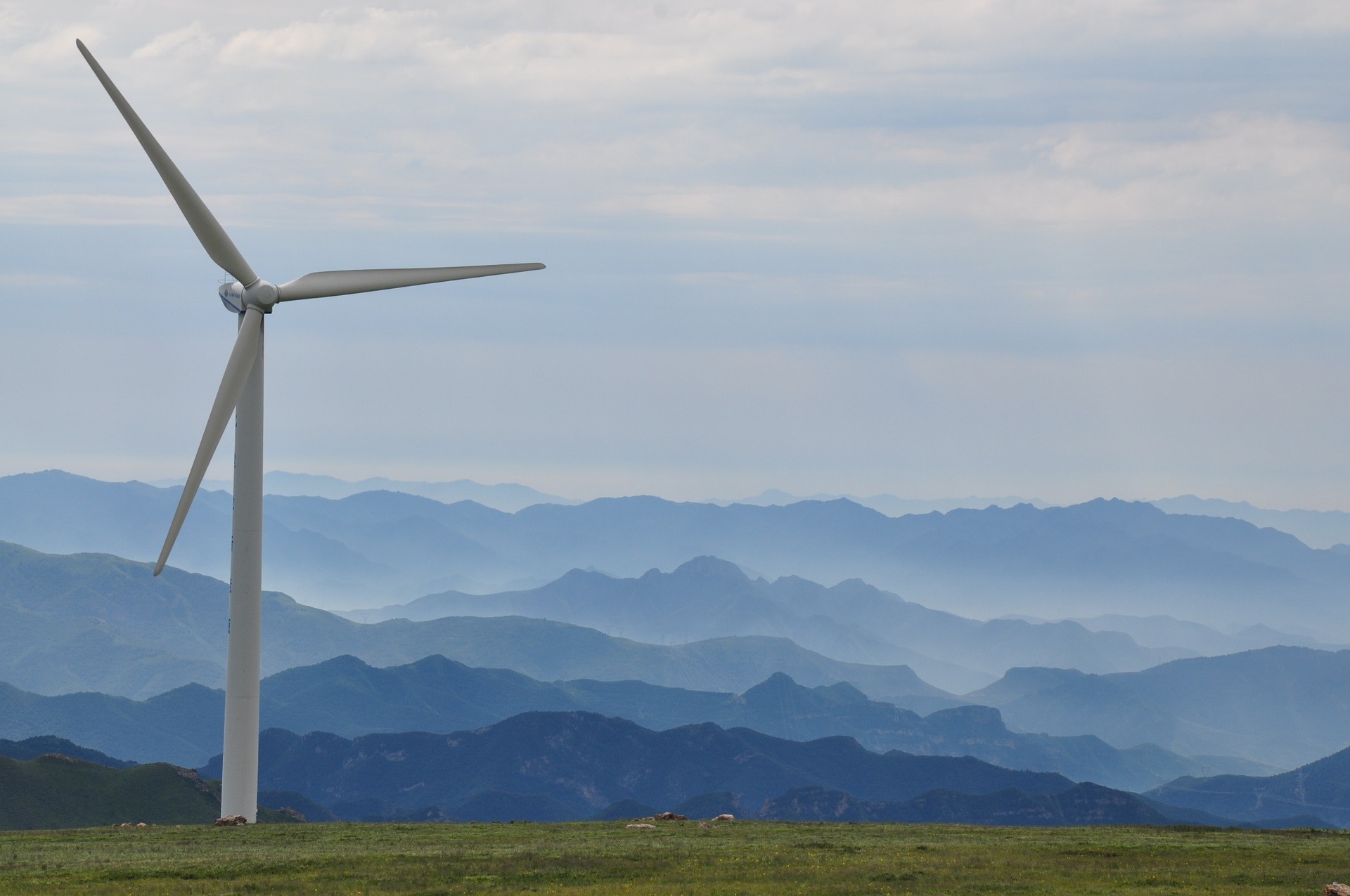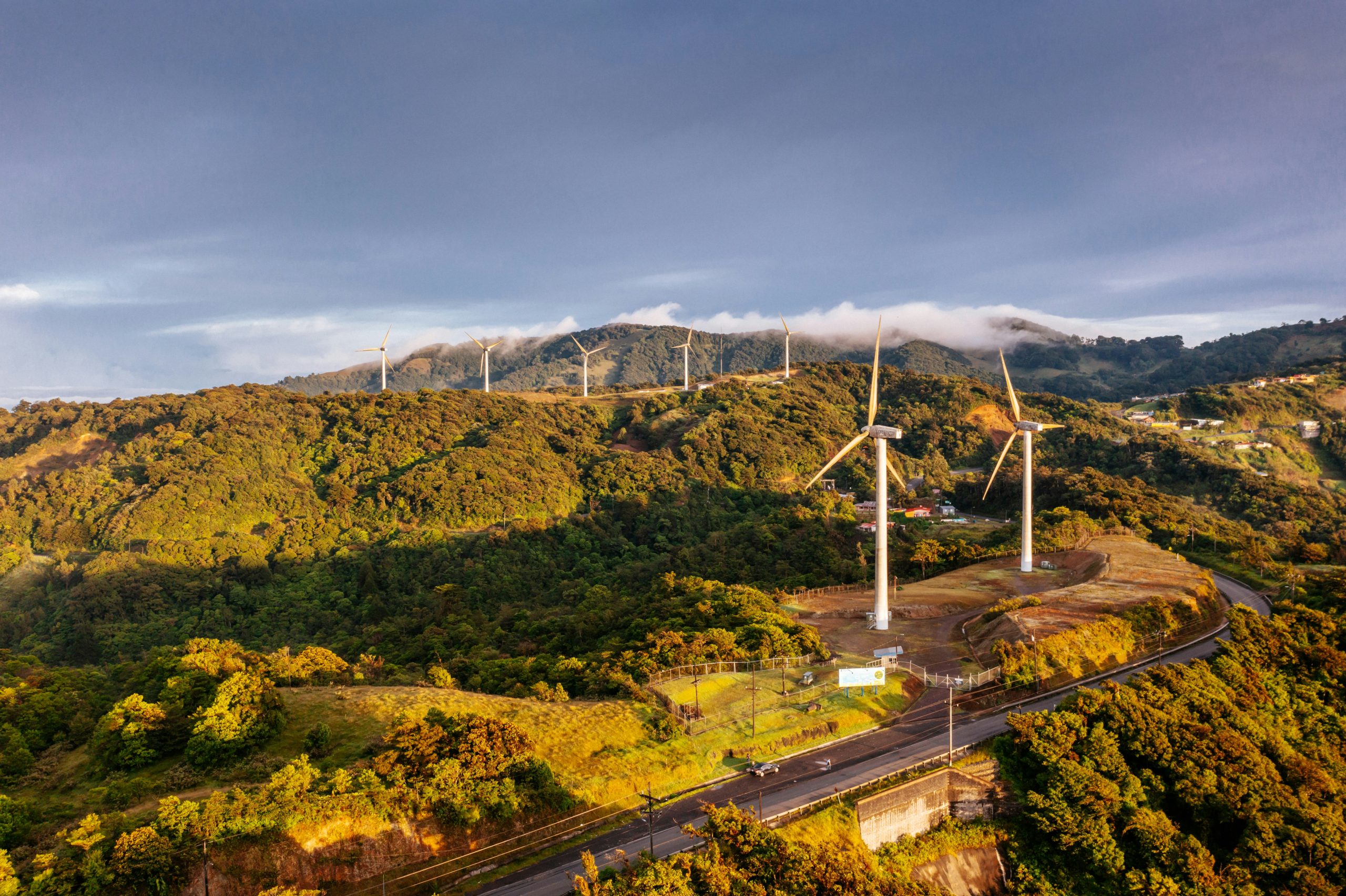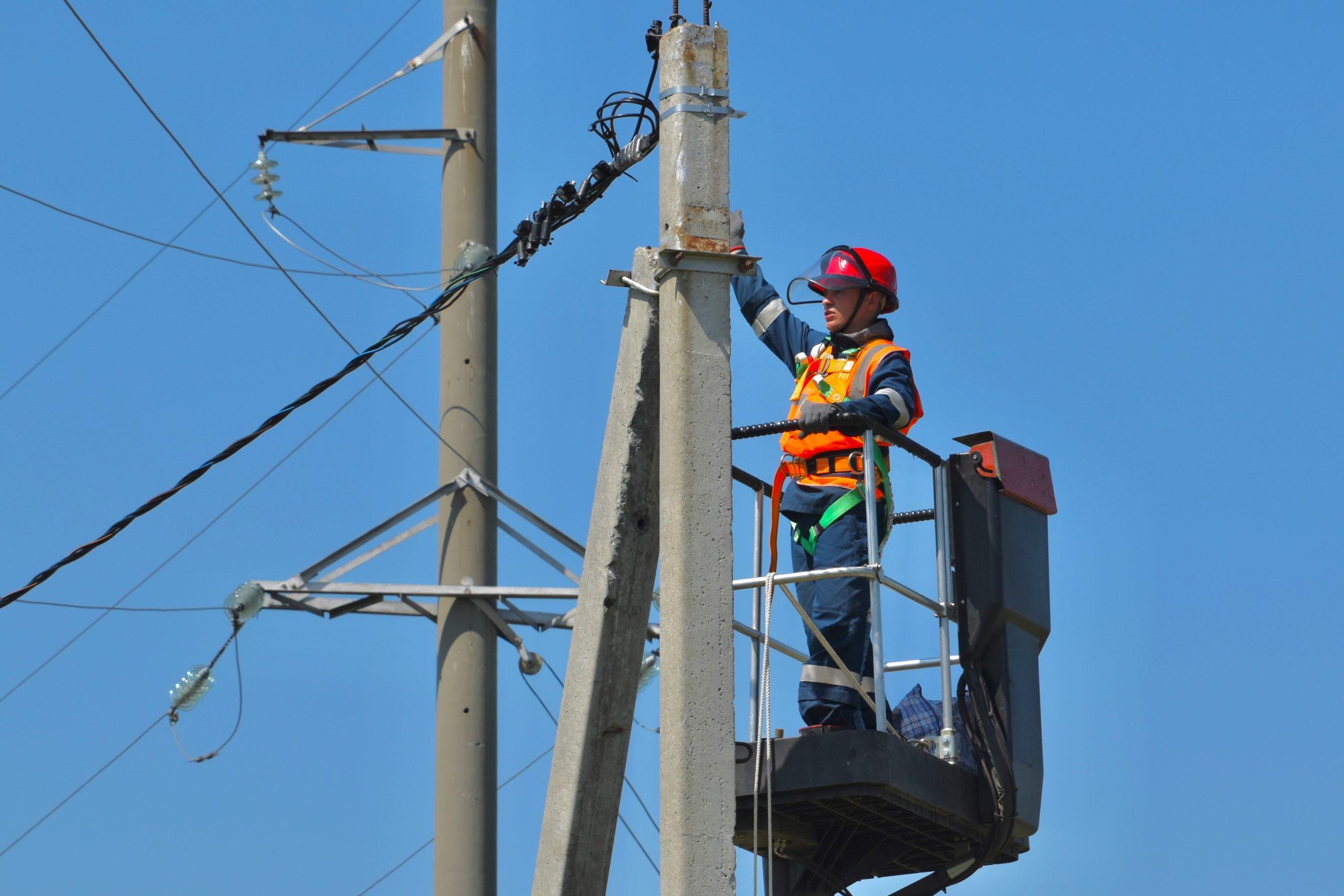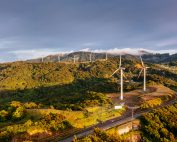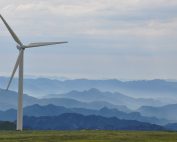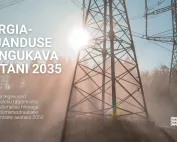The project on the Baltic Sea will be developed by Baltic Power, with EIB financing backed by InvestEU. Poland will join Denmark and Germany in harnessing the clean energy potential of Baltic Sea basin. Once finished in 2026, the wind farm will generate nearly 4 200 GWh of clean energy annually.
The European Investment Bank (EIB) has signed an agreement to co-finance the construction of Poland’s first offshore wind farm — one of the largest in the world — with a loan of up to €610 million. The project will be completed by a consortium led by the LLC Baltic Power. This flagship investment will help accelerate Poland’s decarbonisation and boost energy security. €350 million if it are backed by the InvestEU programme, which aims to mobilise investment for EU policy priorities, including the green transition.
The project is of strategic importance, and will also further the objectives of the REPowerEU plan by rolling out clean energy capacity to strengthen EU energy independence and security of supply. Speeding up the green transition and promoting investment in renewable energy are priorities of REPowerEU that are also promoted and supported by the EIB Group.
“Financing for Baltic Power will support the first offshore wind farm project in Poland, and will certainly open the way for the green transformation and other future offshore wind energy projects,” stated EIB Vice-President Teresa Czerwińska. “Not only will this investment support the transformation of the Polish energy sector, but it will also create new jobs and strengthen economic development. Thanks to this financing, one of the largest wind farms in the world will be built, and Poland will join the countries investing in renewable energy sources in the Baltic Sea.”
The Baltic Power offshore wind farm operation will be the EIB’s first offshore wind farm in Poland. It is expected to be completed by end of the second quarter of 2026. The project consists of 76 wind turbines, their foundations, two offshore substations and one onshore substation, and four export cables and inter-array cables, with an overall installed capacity of approximately 1 140 MW. It will be located 23 km north of the Polish coastline, within the exclusive economic zone of Poland.
With this project, Poland will join Germany and Denmark in the group of EU countries successfully operating offshore wind in the Baltic Sea basin.
Baltic Power is owned by ORLEN (51% ownership) and Northland Power (49% ownership), and is devoted solely to this wind farm project. The EIB is providing a direct loan to Baltic Power, as well as an intermediated tranche for project-related on-lending made available to the Polish national promotional bank Bank Gospodarstwa Krajowego.
“As a development bank, we have been involved in financing Poland’s energy transition for years. Last year alone, we allocated PLN 100 billion to support the domestic low- and zero-emissions energy sector. We see potential in improving Poland’s energy mix, including by developing offshore wind energy. That is why we have decided to co-finance the construction of the first Polish wind farm in the Baltic Sea — one of the largest investments of this type in the world — which has now entered the implementation phase. Such an investment lends impetus to the domestic industry and is an opportunity for Polish entrepreneurs,” said Marek Tomczuk, member of the Management Board at BGK.
PKN ORLEN is the largest and most modern multi-utility conglomerate in Central Europe, operating in the region and on international markets. Northland Power is an independent power producer founded in 1987 and listed on the Toronto Stock Exchange. Northland Power owns and manages a diversified-generation mix of clean and renewable energy sources.
“Today’s announcement is a major achievement for Northland, our partners and the Baltic Power project,” said Mike Crawley, CEO and President of Northland. “This milestone demonstrates the support from the global financial community, and reflects their confidence in Northland and our ability to develop, procure, construct and finance large and complex offshore wind projects. Despite the recent challenges for the offshore wind sector in some markets, Northland continues to find a way to advance large-scale offshore wind projects with attractive economics.”
“We are in the final stages of preparing a large-scale project that will significantly change Poland’s energy mix. Our robust financial footing and extensive international experience in managing large-scale projects equip us to handle this process effectively. Despite the highly dynamic environment, we are on track in the preparation of the Baltic Power project, with the goal of providing clean energy to more than 1.5 million households as early as 2026. Securing financing for the project demonstrates that the financial markets also have a positive view of ORLEN’s strategic investments through 2030,” noted Daniel Obajtek, CEO and President of the ORLEN Management Board.
In 2022 the EIB Group made global commitments of €20.86 billion to support the sustainable development of energy sources. In Poland this financing reached €996 million, with a total of €3.25 billion earmarked to help transform the country’s energy sector between 2018 and 2022.
Background information
The EIB Group is the European Union’s long-term financing institution, owned by the Member States. It comprises the European Investment Bank and the European Investment Fund. The group finances sound investments that contribute to EU policy goals, including social and territorial cohesion, and the just transition to climate neutrality.
The EIB was the first multilateral development bank to end support for fossil fuels, and has committed to supporting €1 trillion in climate investment this decade. Over half of the EIB Group’s lending in 2022 was devoted to climate and environmental sustainability projects, while almost half of EIB financing inside the European Union was signed for projects in cohesion regions (where per-capita income is lower), highlighting the Bank’s commitment to equitable growth.
The EIB and energy security
Over the past decade, the EIB Group has channelled more than €100 billion into the EU energy sector. These timely investments are now helping Europe weather the crisis triggered by the abrupt cut in Russian gas supplies. In 2022 the EIB signed financial support totalling more than €17 billion for projects in energy efficiency, renewables, electricity and storage inside the European Union, strengthening the resilience of the European economy.
In July, the EIB’s Board of Directors decided to raise the group’s clean energy financing volumes to unprecedented levels in support of the REPowerEU objective of phasing Europe’s dependency on Russian fossil fuel imports by fast-forwarding the clean transition. An additional €45 billion will be invested over the next five years, on top of the EIB’s already robust support for the energy sector in the European Union. It is estimated that the REPowerEU package will mobilise an additional €150 billion in additional investment by 2027, thus making a substantial contribution to Europe’s energy independence and the EIB Group’s target of mobilising €1 trillion in climate financing this decade.
The InvestEU programme provides the European Union with crucial long-term funding by leveraging substantial private and public funds in support of a sustainable recovery. It also helps mobilise private investments for the European Union’s policy priorities, such as the European Green Deal and the digital transition. The InvestEU programme brings together under one roof the multitude of EU financial instruments currently available to support investment in the European Union, making funding for investment projects in Europe simpler, more efficient and more flexible. The programme consists of three components: the InvestEU Fund, the InvestEU Advisory Hub and the InvestEU Portal. The InvestEU Fund is implemented through financial partners that will invest in projects using the EU budget guarantee of €26.2 billion. The entire budget guarantee will back the investment projects of the implementing partners, increasing their risk-bearing capacity and mobilising at least €372 billion in additional investment.
Source: European Investment Bank
